Description
GHK-Cu (Glycyl-L-histidyl-L-lysine copper) is a copper peptide that is naturally occurring in the body and has gained attention in the fields of skin care, wound healing, and anti-aging due to its various beneficial effects on tissue regeneration, collagen production, and anti-inflammatory properties.
What is GHK-Cu?
-
GHK-Cu is a tripeptide (a peptide made up of three amino acids: glycine, histidine, and lysine) that is bound to copper (Cu). The copper ion enhances the peptide’s biological activity and is crucial for its healing and anti-aging effects.
-
GHK-Cu is naturally found in human plasma, and its levels tend to decrease with age. It is involved in tissue repair, collagen synthesis, and has shown promise in regenerative medicine and dermatology.
Mechanism of Action:
-
Wound Healing and Tissue Repair:
-
GHK-Cu plays a key role in tissue regeneration and wound healing by promoting collagen production and stimulating fibroblasts, the cells responsible for producing collagen and extracellular matrix. This helps to accelerate wound healing and repair damaged tissue.
-
It also stimulates angiogenesis (formation of new blood vessels), which helps improve circulation and enhances tissue regeneration.
-
-
Anti-Aging Effects:
-
GHK-Cu has been shown to have anti-aging properties by promoting collagen production and improving the overall elasticity and appearance of the skin. It has been found to reduce wrinkles and fine lines by increasing the synthesis of collagen and glycosaminoglycans (molecules that help skin maintain moisture and elasticity).
-
It may also help with the regeneration of skin cells and reduce inflammation, making it useful for skin rejuvenation.
-
-
Anti-Inflammatory:
-
GHK-Cu has anti-inflammatory effects and may help reduce inflammation and oxidative stress in tissues. This can be beneficial for conditions where inflammation is a key component, such as arthritis or muscle injuries.
-
-
Promoting Hair Growth:
-
Some studies suggest that GHK-Cu may have positive effects on hair growth, particularly in individuals with androgenic alopecia (pattern baldness). It has been found to stimulate hair follicle regeneration and promote anagen phase (growth phase) in hair follicles.
-
-
Antioxidant Properties:
-
The copper in GHK-Cu acts as an antioxidant, helping to neutralize free radicals and reduce oxidative damage in tissues. This may help with skin repair, cell regeneration, and overall tissue health.
-
Applications of GHK-Cu:
-
Skin Care and Anti-Aging:
-
GHK-Cu is commonly used in cosmetic products for its anti-aging and skin rejuvenating properties. It is often found in serums, creams, and topical treatments aimed at improving skin texture, reducing wrinkles, and promoting collagen production.
-
It is often used to address skin concerns like hyperpigmentation, fine lines, wrinkles, and skin elasticity.
-
-
Wound Healing and Scar Treatment:
-
GHK-Cu is used in clinical settings to aid in the healing of wounds, burns, and surgical scars. Its ability to stimulate collagen production and regeneration makes it a potential tool for improving wound healing and minimizing scarring.
-
-
Hair Growth:
-
Some hair care formulations, particularly those targeting hair loss or baldness, include GHK-Cu due to its ability to promote hair follicle regeneration and stimulate the growth of new hair.
-
-
Joint and Muscle Recovery:
-
GHK-Cu has potential applications in musculoskeletal recovery due to its anti-inflammatory and regenerative properties. It may aid in the recovery of muscle injuries, tendinitis, and other inflammatory conditions.
-
-
Cosmetic Dermatology and Aesthetic Procedures:
-
GHK-Cu is sometimes used in aesthetic treatments and is combined with other peptides in certain dermal therapies to enhance skin texture, elasticity, and tone.
-
Administration of GHK-Cu:
-
GHK-Cu is commonly applied topically in the form of serums, creams, or gels for skin care and cosmetic purposes. It can be directly applied to the skin to promote skin regeneration and improve skin health.
-
For hair growth, it may be found in topical solutions that are massaged into the scalp.
-
Injection of GHK-Cu is sometimes done in medical or clinical settings for wound healing and muscle regeneration, but this is not as common as topical application.
Side Effects:
GHK-Cu is generally considered safe when used topically in cosmetic products or for wound healing. However, in some cases, there may be:
-
Skin irritation at the site of application.
-
Allergic reactions, such as redness, itching, or swelling.
-
As with any peptide, it is important to perform a patch test before widespread application to ensure there is no allergic response.
Conclusion:
GHK-Cu is a copper peptide with a wide range of therapeutic benefits, particularly in skin care, wound healing, and anti-aging. Its ability to promote collagen synthesis, reduce inflammation, and improve tissue regeneration makes it a valuable component in cosmetic dermatology and regenerative medicine. While GHK-Cu is generally well-tolerated, it should be used under the guidance of a healthcare professional, especially when considering its use in clinical or therapeutic settings.





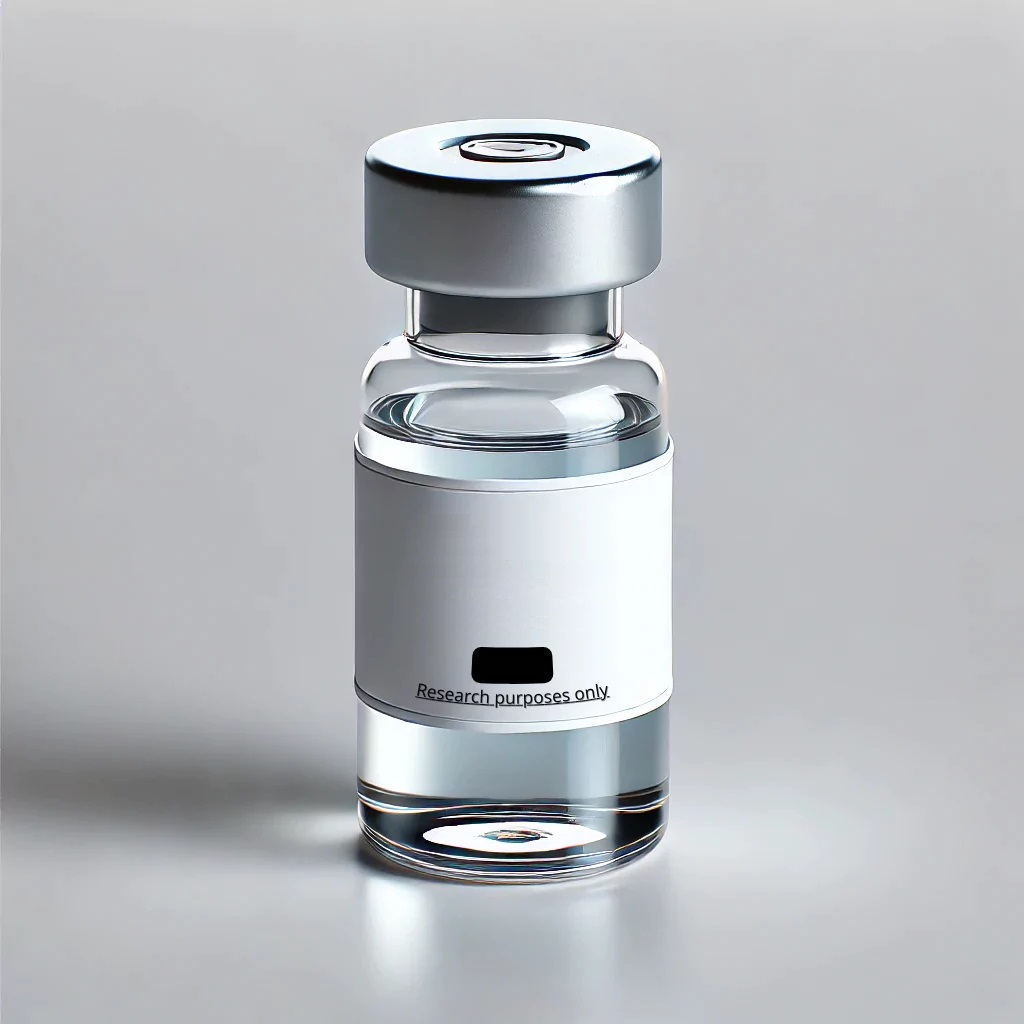
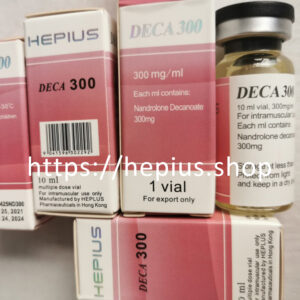
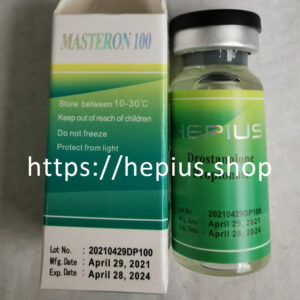
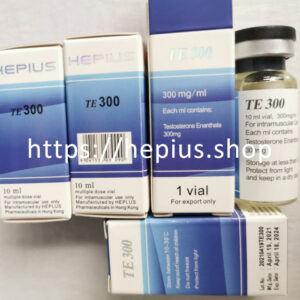
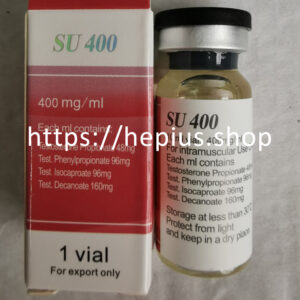
Reviews
There are no reviews yet.